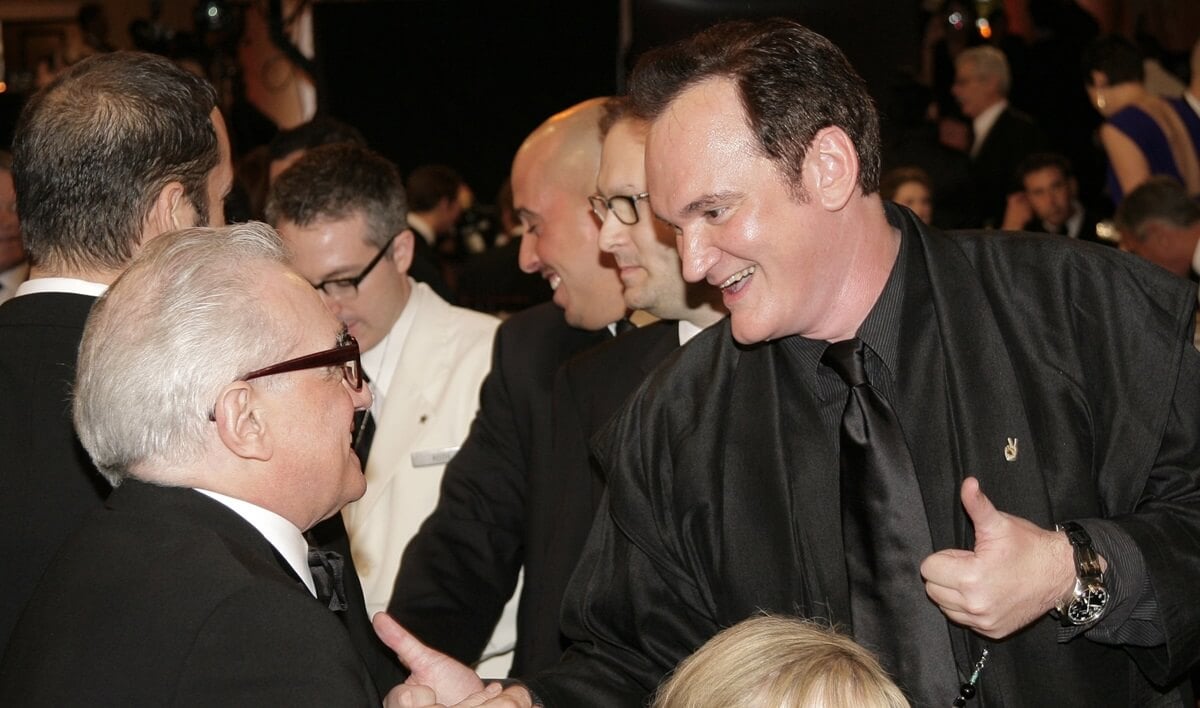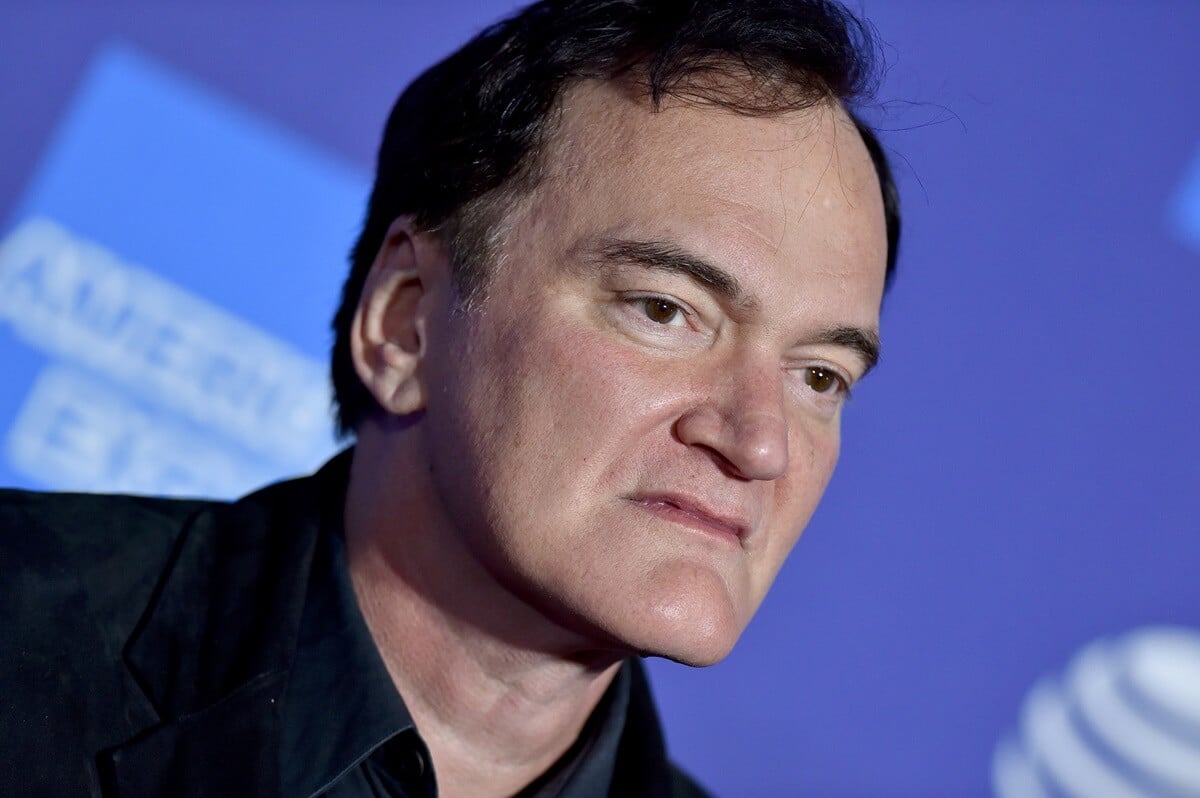
Martin Scorsese Felt That He Couldn’t Write Movies Like Quentin Tarantino
Quentin Tarantino has been known for his storytelling as much as he’s been known for his filmmaking. Martin Scorsese, a prolific director in his own right, believed that actually writing films was the one thing Tarantino did that he couldn’t.
Martin Scorsese would’ve loved to be able to create like Quentin Tarantino

Tarantino has always fancied himself as much of a writer as he is a director. His filmography is almost entirely full of movies he’s penned from scratch with the exception of Jackie Brown. The director often pulls from a very personal place for his stories, which may partially explain why he’s rarely filmed other writers’ scripts.
“All my movies are achingly personal,” Tarantino once told The Telegraph. “People who really know me can see that in my work. In a film, I may be talking about a bomb in a theatre, but that’s not what I’m really talking about.”
Tarantino also felt working with another writer on his movies would water down his own films. He took great pride in knowing that his movies wouldn’t exist if he didn’t. Whereas if he adapted his projects, the source of the story would still be accessible in some shape or form.
“And it is a lot easier to go and look at the scripts that are out there and available, and you can maybe work with a writer or do a little rewrite,” he said. “But cut to six years down the line and where is that voice? It’s gone away.”
On the other hand, Scorsese’s films either came from scripts others wrote, or were adaptations of other works. In an interview with the Associated Press, Scorsese felt that was the main distinction between the two of them.
“[Tarantino is] a writer… it’s a different thing,” Scorsese said. “I come up with stories, I get attracted to stories through other people — all different means, different ways. And so I think it’s a different process… I respect writers and I wish I could just be in a room and create these novels. Not films, novels. Long stories.”
Quentin Tarantino once explained what his 1 problem with writing was
Tarantino’s passion for writing is so strong that he even plans on continuing to do so after his retirement. He’s interested in crafting stage plays and novels after his final film. The filmmaker has even started this transition with his novel adaptation of Once Upon a Time in Hollywood.
But the Oscar-winner asserted that his knack for storytelling has sometimes worked against his own movies. Whereas some filmmakers and storytellers experience the occasional writer’s block, Tarantino dealt with the exact opposite.
“My problem is not writer’s block,” Tarantino once told The Hollywood Reporter. “My problem is I can’t stop writing. And when you’re writing movies, that’s not the greatest problem to have. I can tend to go long.”
This was why Kill Bill had to be split into two movies, and he considered turning Inglourious Basterds into a mini-series. Tarantino sometimes had too much material to work with to condense into a feature-length movie. He credited working on genre movies for keeping his writing in check.
“If I didn’t write in genre, all of my movies would be five hours long. Genre keeps me disciplined,” he added.
What’s Quentin Tarantino’s writing process like?
Tarantino also gave interested readers a glimpse into his script-writing process. He confided that he usually listened to a sort of soundtrack in his head while writing his stories.
“Seeing the movie in my head and playing the music, cuts through a lot of the creative process,” Tarantino said. “I imagine people who know me — who dig on me — cheering it.”
While fleshing out his films, he did so step-by-step, refusing to cut corners even when developing scenes he might’ve wanted to skip for later.
“I can’t just jump to the stuff I want to write, or I’ll never get to the stuff I don’t want to write. I always have to kind of keep moving forward,” he said.


